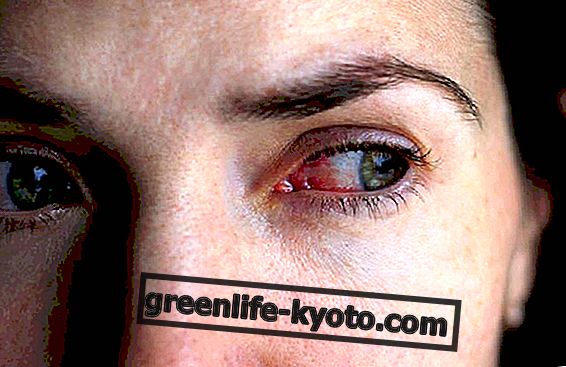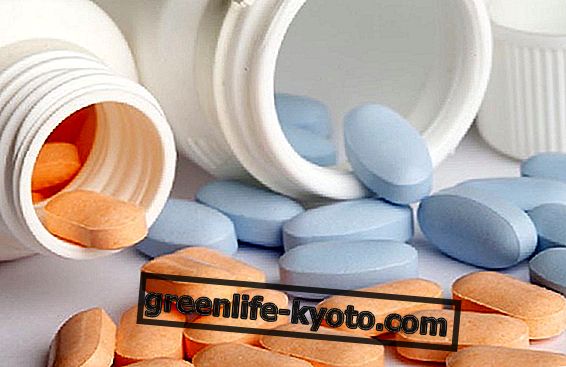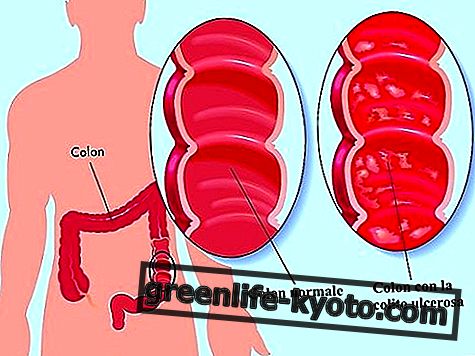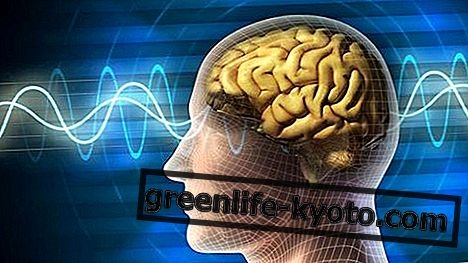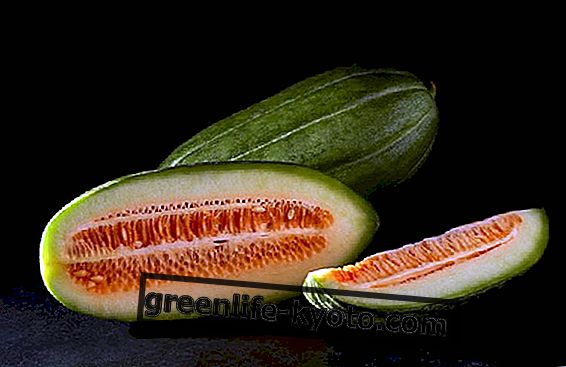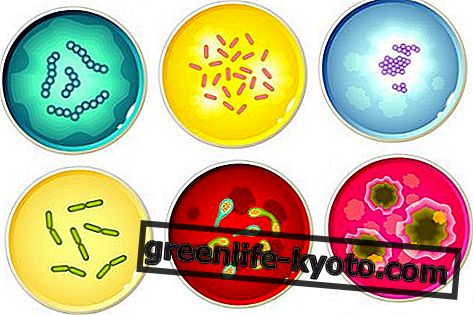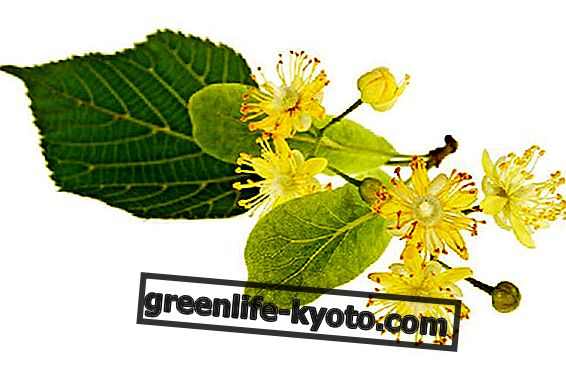The mother tincture of sage, antiseptic and disinfectant of the respiratory system, is useful against amenorrhoea and menstrual pain. Let's find out better.
>
>
>
>
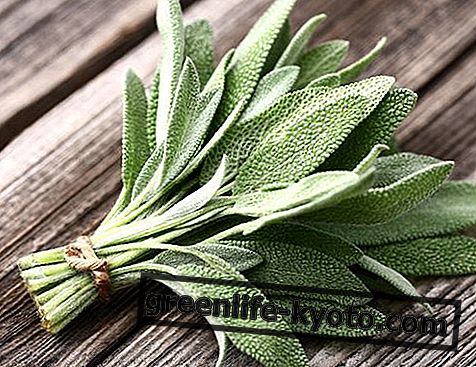
Properties of sage mother tincture
Sage is a plant widely used in the kitchen to flavor different dishes, it is actually very useful also for its antiseptic, anti-inflammatory and diuretic properties.
Sage leaves contain bitter principles, phenolic acids, flavonoids and an essential oil (containing thujone, cineol, borneol, linalool, beta-terpineol and beta-caryophyllene) and are used in the production of mother tincture.
Flavonoids in particular perform an estrogenic action, useful in all female disorders, such as premenstrual syndrome, menopausal disorders, amenorrhea .
The mother tincture of sage is a natural antispasmodic, also used in diseases of the gastrointestinal tract as a smooth muscle relaxant, useful in case of irritable bowel, spasms in the digestive tract or menstrual pain.
Carnosic acid and triterpenes (amirine, betulin, crategolic acid and 3-hydroxy-ursolic acid) give sage anti-inflammatory and diuretic properties, offering a good response against water retention, edema, rheumatism and headache.
Sage preparations are effective to combat all forms of phlegm, useful for treating respiratory diseases, such as colds, coughs, sore throats and fever . Finally, the sage also has a hypoglycemic action . Its taste is bitter.
Description of the plant
Sage is a small evergreen shrub of the Lamiaceae family with quadrangular branches. The leaves are opposite, finely toothed covered with down, petiolate, oval-lanceolate, thick and wrinkled. The inflorescences are vertical with flowers carried in whorls of 2 or 4, which appear around June-July.
Sage can live spontaneously for over 15 years and in culture for 5 to 7 years. It is a plant typical of southern Europe, in Italy it grows spontaneously in the central-southern areas and in the islands, in our region it is widespread as a cultivated plant both in the plain and in the hilly submontana.
Properties, use and contraindications of sage essential oil
How to prepare the sage mother tincture
The sage mother tincture is a hydroalcoholic preparation obtained by cold maceration in hydroalcoholic solvent, obtained from the leaves and from the aerial flowered part .
use
The use of sage mother tincture is useful in cases of diabetes, convalescence, dysmenorrhea, hypomenorrhea, amenorrhea, menopause; and again diarrhea, stomatitis or afta. Furthermore, one of the main terpenes, the salvina, gives it antibiotic activity, which increases the astringent and antiseptic properties.
Useful for sore throat, sage mother tincture also regulates sweating . Being a hormonal stimulant with tonic and estrogenic effects, it is a valid remedy for irregular or poor cycles.
Generally we recommend taking 50 drops diluted in a little water or other drink 3 times a day, or however depending on the case and after consulting a doctor or specialist. It should not be taken during pregnancy, breastfeeding or for prolonged periods.
